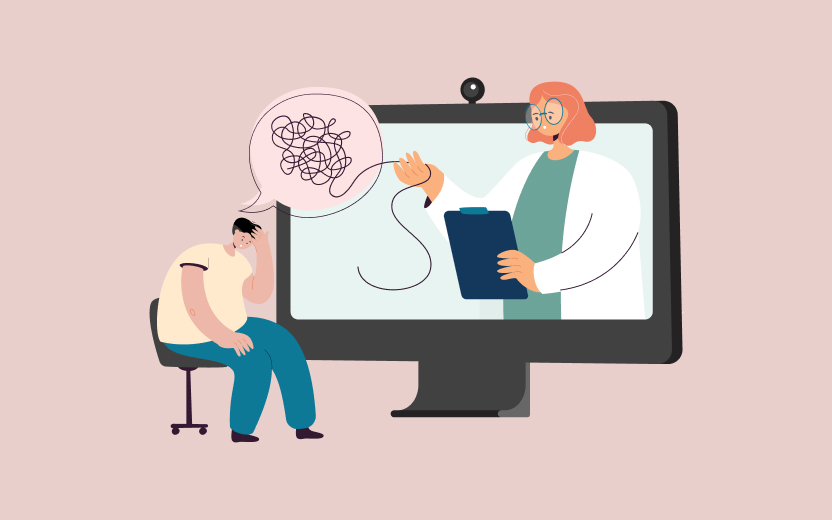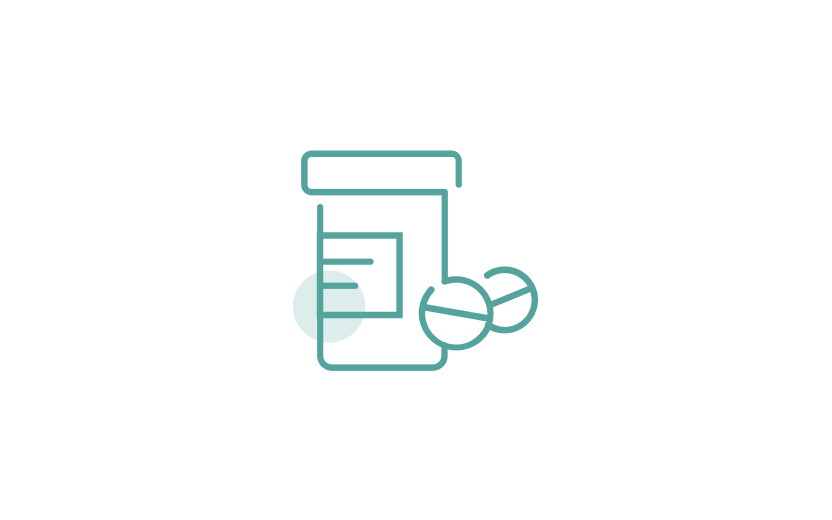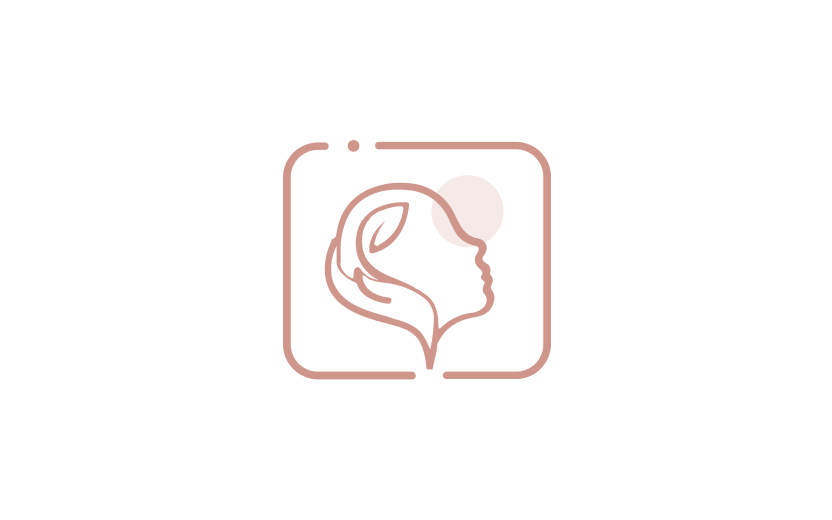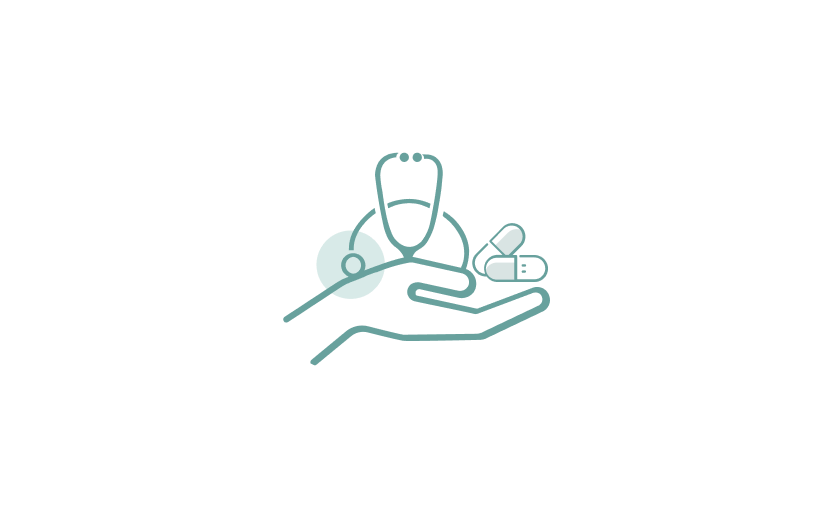Obsessive-Compulsive Disorder (OCD)
Do you find yourself trapped in endless rituals and intrusive thoughts? OCD treatment with MediPsych can help you uncover the root causes of your symptoms and regain control of your life.
What is OCD ?
leading Symptoms
The many faces of OCD

Obsessions
Imagine a person who's constantly plagued by distressing, intrusive thoughts about harm coming to loved ones, contamination, or irrational fears. They often feel compelled to engage in repetitive behaviors to alleviate this anxiety.

Compulsions
Think of someone who's driven to perform certain rituals or actions, like checking locks repeatedly, washing hands excessively, or arranging objects in a specific order. These compulsions offer temporary relief from obsessive thoughts.

Combined Presentation
This is a mix of both obsessions and compulsions, representing the full spectrum of OCD symptoms. Individuals with this presentation often experience extreme distress and interference in daily life due to their obsessive-compulsive tendencies.
Do you think you might have OCD?
Take the self-assessment
I frequent
- frequent
- occasionally
- regularly
have unwanted thoughts that seem uncontrollable. I
Often
- Often
- sometimes
- rarely
find myself checking things over and over again.
- frequent
- occasionally
- regularly
- Often
- sometimes
- rarely
What symptoms to look out for
-
Children Children with OCD may exhibit signs such as excessive fear of germs, frequent checking of locks or appliances, or the need to repeat certain actions or words a specific number of times.
-
AdolescentsTeenagers with OCD may struggle with their schoolwork due to time-consuming rituals, experience social isolation, and find it challenging to engage in typical adolescent activities due to their obsessions and compulsions.
-
AdultsAdults with OCD may find it difficult to maintain relationships or employment due to the intrusive nature of their thoughts and rituals. They may have difficulty concentrating on tasks and often feel consumed by their obsessions and compulsions.



Schedule an appointment to be assessed for OCD
Unmasking OCD: Diagnosis
Diagnosing OCD requires a thorough evaluation by a mental health professional. It’s not just about identifying specific behaviors but also understanding the impact of these behaviors on daily life, relationships, and overall well-being. Collaborating with an experienced clinician is essential to distinguish OCD symptoms from those of other mental health conditions.
Treatment
Regaining control
OCD is not curable, but it is controllable. Most individuals with OCD benefit from a combination of:

Medication
Certain medications can help manage symptoms by reducing the intensity of obsessive thoughts and compulsions. A mental health provider can guide you in choosing the most suitable medication based on your individual needs.

Therapy
Cognitive-behavioral therapy (CBT), particularly exposure and response prevention (ERP), is highly effective in treating OCD. It helps individuals confront their fears and gradually reduce compulsive behaviors.

Support Systems
Building a supportive environment is crucial for individuals with OCD. Friends, family, and educational or workplace accommodations can significantly enhance the recovery process.
